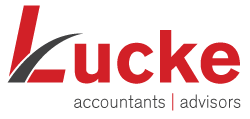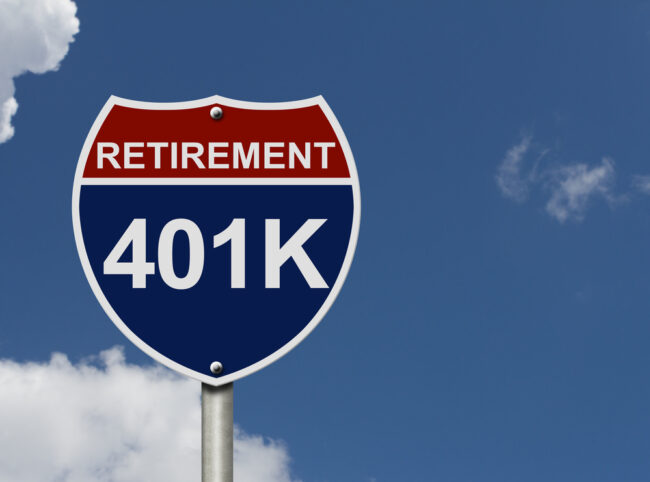Jeff Lucke, CPA, is the founder of Lucke & Associates, with an entrepreneurial background. Jeff has had ownership interests in businesses within several industries including automotive, construction, healthcare, telecommunications, and restaurants, as well as being active in real estate. As an owner of a growing CPA firm and other businesses, he has gained unique insights into the challenges and issues that face other growing businesses that most other CPAs do not have. This kind of knowledge ultimately benefits every one of the firm’s clients. He is very involved with clients and becomes deeply involved in their businesses and helping them succeed. Jeff is a graduate of the University of Nebraska and holds a Bachelor of Science in Accounting; his professional affiliations include the AICPA and KSCPA. Jeff currently serves a board member for his community on the Construction Financial Managers Association, the American Diabetes Association, and Big Brothers Big Sisters.
One of the most important questions you face when changing jobs is what to do with the money in your 401(k) because making the wrong move could cost you thousands of dollars or more in taxes and lower returns. Let’s say you put in five years at your current job. For most of those years,…
A cash windfall is any amount of money that you didn’t expect to receive and is over your regular income. Most would consider it to be any amount over $1,000 – and quite often, the amount of money is much more than that. For example, you may have received a bonus at work, an inheritance,…
It’s almost time for the start of the new school year, and teachers and other educators should know that they can still deduct certain unreimbursed expenses. Deducting expenses such as classroom supplies, training, and travel helps reduce the amount of tax owed when filing a tax return. Teachers and educators should keep in mind, however,…
A hobby is any activity that a person pursues because they enjoy it and with no intention of making a profit. In contrast, people operate a business with the intention of making a profit. However, many people engage in hobby activities that turn into a source of income, and determining if that hobby has grown…
Dirty Dozen Tax Scams for 2022 The “Dirty Dozen” is a list of common tax scams that target taxpayers. Compiled and issued annually by the IRS, it includes a number of aggressive and evolving schemes that taxpayers should avoid. Let’s take a look at this year’s “Dirty Dozen” tax scams: 1. Use of Charitable Remainder…
What Teen Entrepreneurs Should Know About Taxes Teens and young adults often go into business for themselves over the summer or after school. This work can include babysitting, lawn mowing, dog walking, or other part-time or temporary work. When a teen or young adult is an employee of a business, their employer withholds taxes from…
The optional standard mileage rate, which taxpayers may use to calculate the deductible costs of operating an automobile for business and certain other purposes, increases to 62.5 cents per mile, effective July 1, 2022. The new mileage rate is up 4 cents from the rate effective at the start of the year. The optional business…
Tax Withholding for Seasonal and Part-Time Employees Many businesses hire part-time or full-time workers, especially in the summer. The IRS classifies these employees as seasonal workers, defined as an employee who performs labor or services on a seasonal basis (i.e., six months or less). Examples of this seasonal work include retail workers employed exclusively during…
HSA Limits Increase Significantly for 2023 Contributions to a Health Savings Account (HSA) are used to pay the account owner’s current or future medical expenses, their spouse, and any qualified dependent and are adjusted annually for inflation. By 2023, the annual inflation-adjusted contribution limit for a Health Savings Account (HSA) increases to $$3,850 for individuals…
Settling Tax Debt With an IRS Offer in Compromise An offer in compromise (OIC) is an agreement between a taxpayer and the Internal Revenue Service that settles a taxpayer’s tax liabilities for less than the full amount owed. That’s the good news. The bad news is that not everyone can use this option to settle…










